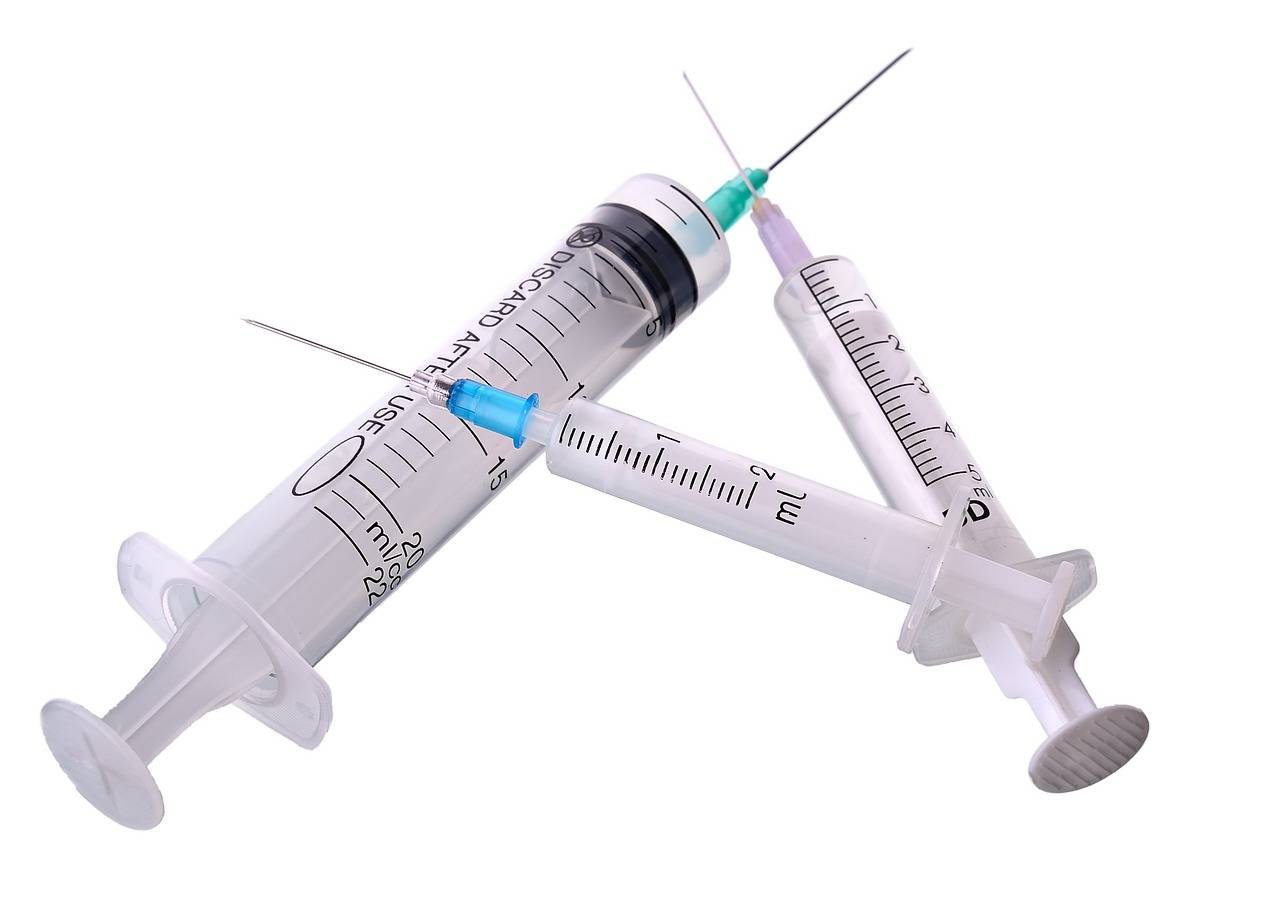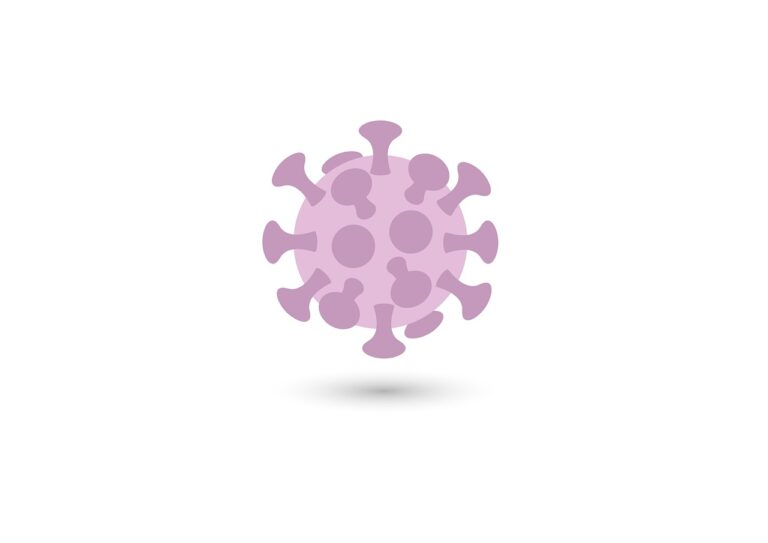Nutrition Trends: The Benefits of Plant-Based Diets
Eating a diet rich in plants offers a wide array of benefits for your overall health and well-being. Fruits, vegetables, whole grains, nuts, seeds, and legumes are packed with essential vitamins, minerals, and antioxidants that can help boost your immune system, improve digestion, and lower your risk of chronic diseases. By incorporating more plants into your meals, you not only increase your nutrient intake but also reduce your consumption of processed foods that are high in unhealthy fats, sugars, and additives.
Moreover, plant-based diets are known for their positive impact on the environment. Choosing fruits and vegetables over animal products can help reduce greenhouse gas emissions, conserve water, and preserve natural habitats. By opting for plant-based alternatives, you can contribute to sustainability efforts and promote a more eco-friendly way of eating that benefits both your health and the planet.
Common Misconceptions About Plant-Based Diets
When it comes to plant-based diets, there are often misconceptions that can deter individuals from exploring this dietary lifestyle. One common misconception is that plant-based diets lack protein. While it’s true that meat is a popular source of protein, there are plenty of plant-based options that can provide adequate protein, such as beans, lentils, tofu, tempeh, and quinoa. By incorporating a variety of these plant-based protein sources into your meals, you can easily meet your protein needs.
Another misconception about plant-based diets is that they are deficient in essential nutrients. While it’s important to pay attention to your nutrient intake on any diet, a well-planned plant-based diet can be rich in vitamins, minerals, and antioxidants. Fruits, vegetables, whole grains, nuts, and seeds are all nutrient-dense foods that can help support overall health and well-being. It’s all about making thoughtful choices and ensuring you’re getting a wide array of nutrients from your plant-based meals.
Are plant-based diets lacking in essential nutrients?
Not necessarily. With careful planning, a plant-based diet can provide all the necessary nutrients, including protein, iron, calcium, and vitamin B12. Incorporating a variety of plant-based foods can help ensure you are getting all the essential nutrients your body needs.
Will I feel tired and weak if I switch to a plant-based diet?
Not if you are eating a well-balanced plant-based diet. Plant-based foods can provide ample energy and nutrients to support your daily activities. It’s important to make sure you are getting enough calories and a variety of plant-based foods to ensure you are meeting your energy needs.
Can I build muscle on a plant-based diet?
Yes, you can still build muscle on a plant-based diet. Plant-based sources of protein, such as beans, lentils, tofu, and quinoa, can help support muscle growth and repair. It’s important to ensure you are getting an adequate amount of protein and calories to support your muscle-building goals.
Is it more expensive to follow a plant-based diet?
It can be more expensive to follow a plant-based diet, especially if you rely on specialty plant-based products. However, by focusing on whole plant-based foods like fruits, vegetables, grains, and legumes, you can actually save money compared to a diet that includes meat and dairy products. Shopping seasonally and buying in bulk can also help you save money on a plant-based diet.





